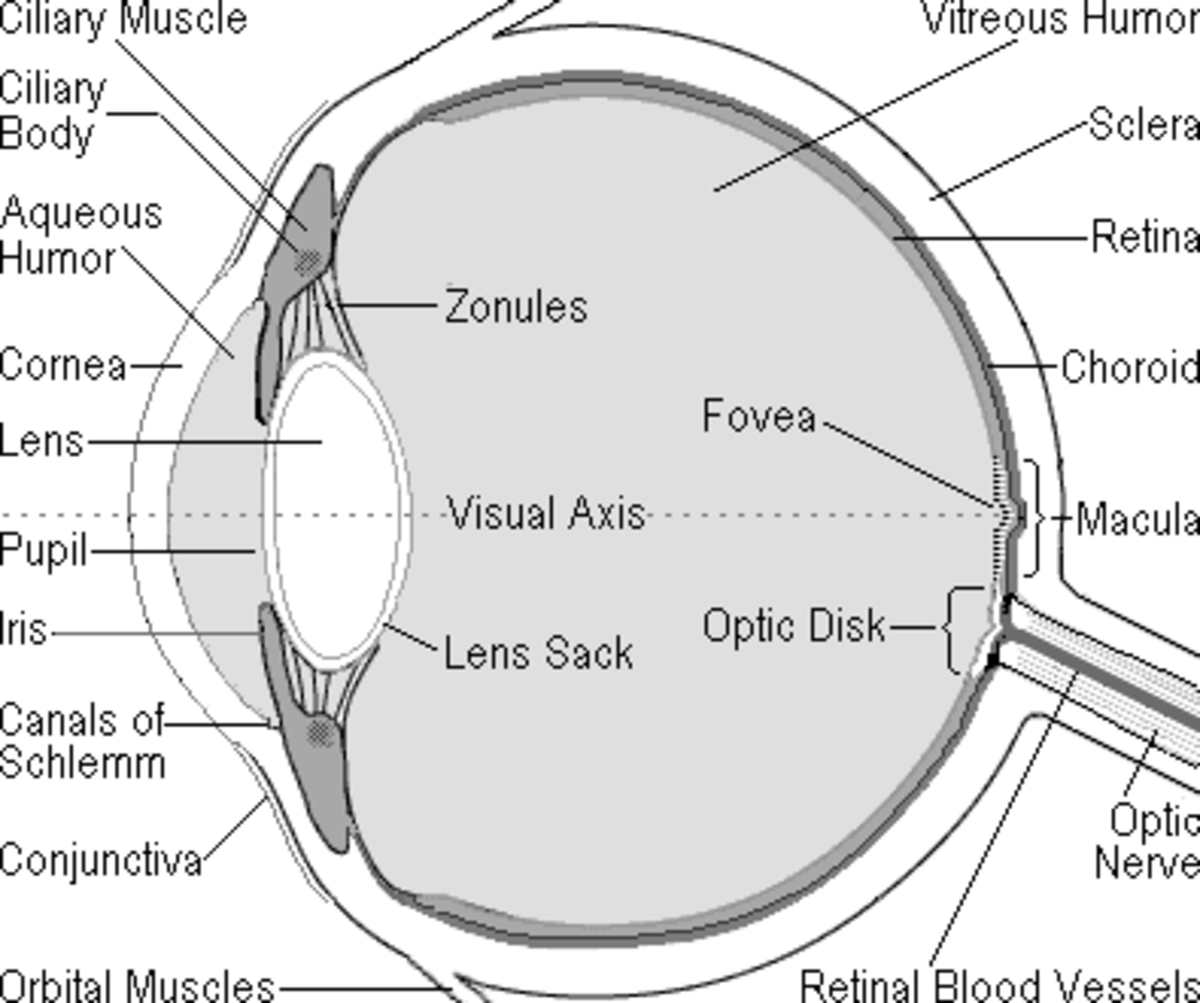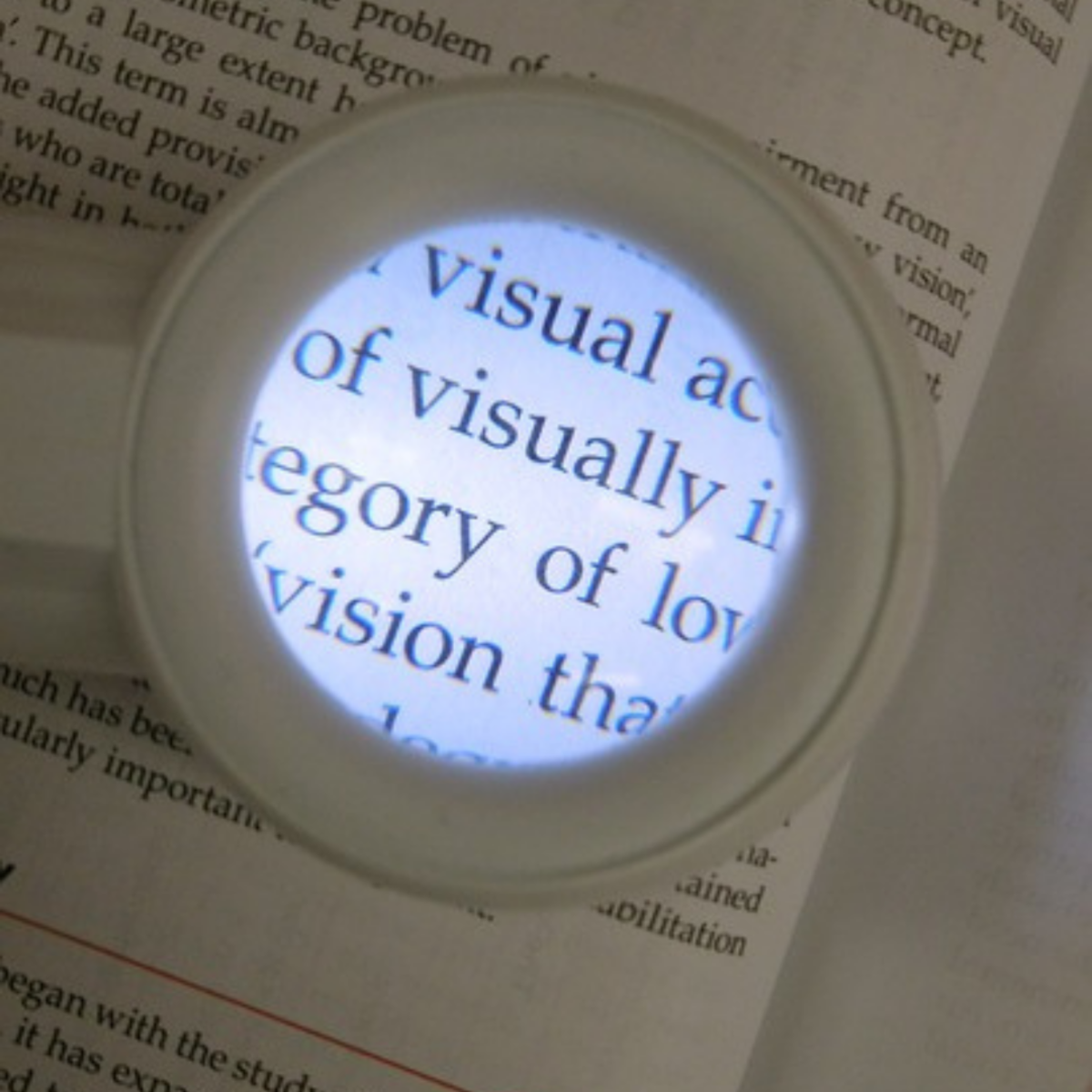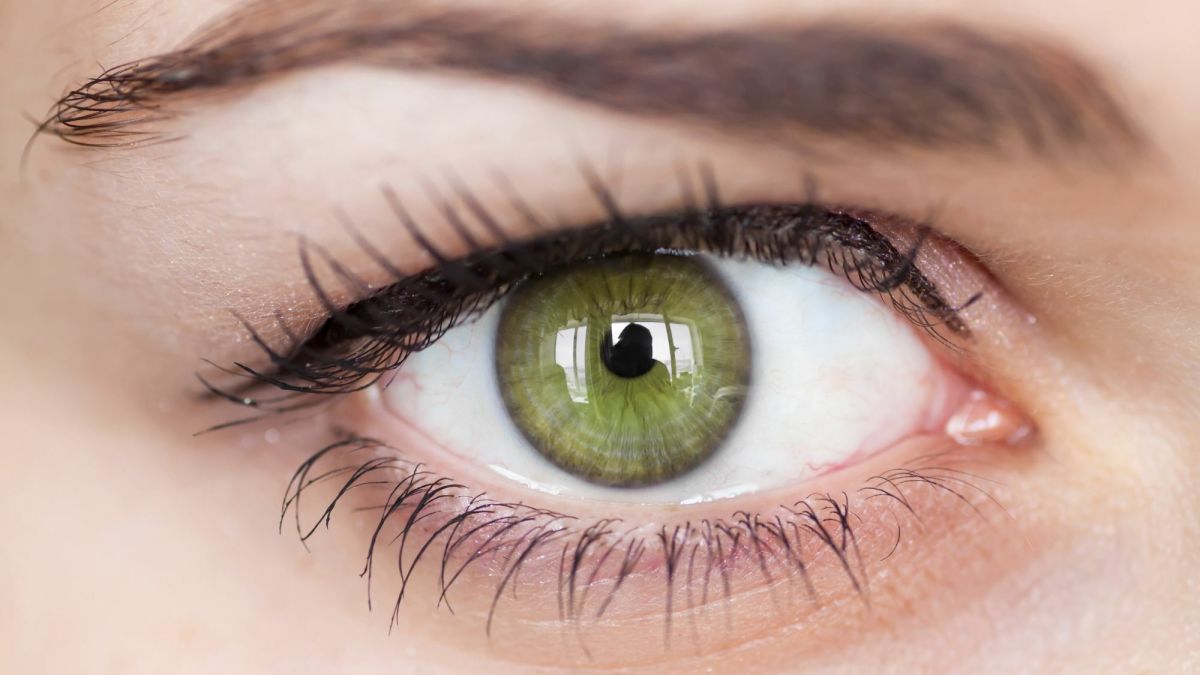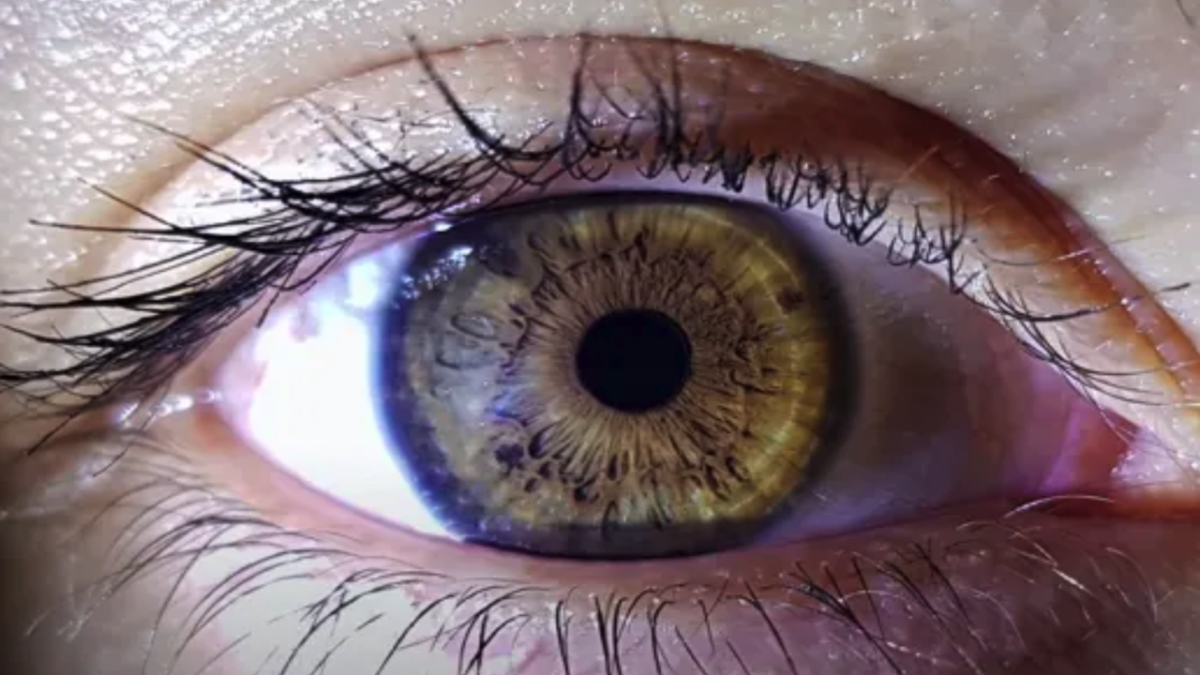Different Types of Eye Doctors and What They Do

Confused about who and what ophthalmologists, optometrists, and opticians do and difference between them? Look no further.

What is an Ophthalmologist?
An ophthalmologist possesses and M.D. degree, which requires four years of medical school, at least three years of a residency, and two more years of specialty training. The ophthalmologist is the TOP doctor in the eye chain of people who specialize in your vision and eyes. This doctor knows the whole gamut of your vision and how to diagnose what problems or ailments you have.
Ophthalmologists are surgeons who can perform cataract removal, retinal reattachments, and much more.
They would be the ones to see for a complete and comprehensive vision exam. It is suggested that everyone have a comprehensive vision exam and goes to see the eye doctor every year. If you are at risk and have an existing problem or diagnosis with your eyes, every six months is suggested or at the discretion and guidance of your healthcare professional. If there are sudden changes in your vision, the ophthalmologist will be the first person you should ever go to see. However, if your issue is not major (as in just a hard time seeing the chalkboard or reading words) then you can see an optometrist.
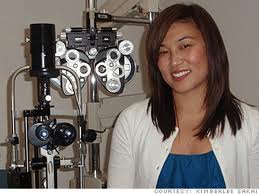
What is an Optometrist?
An optometrist posses an O.D. degree, which requires four years of post-grad doctorate training. An optometrist is not a medical doctor, but do have a doctoral degree, hence the O.D. designation and not an M.D. (medical doctor).
Optometrists perform the every day eye issues that you may have. These include nearsightedness and farsightedness and astigmatism. They also can help treat eye allergies and common issues such as dry eyes.
Most patients see an optometrist mainly to get prescribed eyeglasses and/or contact lenses.

What is an Optician?
An optician does not posses a degree. However, some states require a one or two-year certification degree and a license to dispense.
Opticians have the primary responsibilities of dispensing prescription eyeglasses and making adjustments and repairs to them.
Now you know the difference between ophthalmologists, optometrists, and opticians. Using this will further give you knowledge of whom you need to contact when you have an issue with your vision and eyes.

